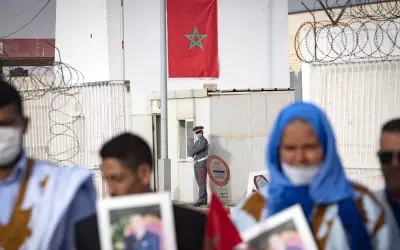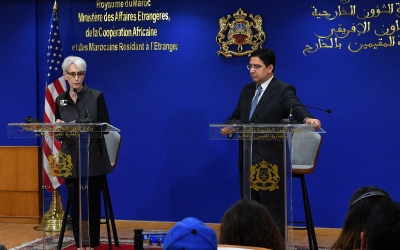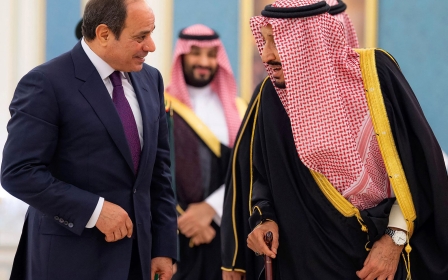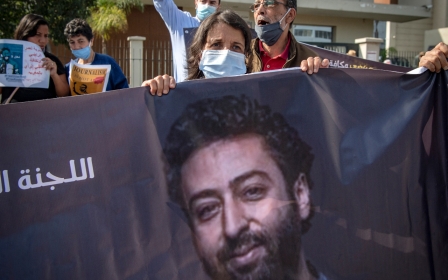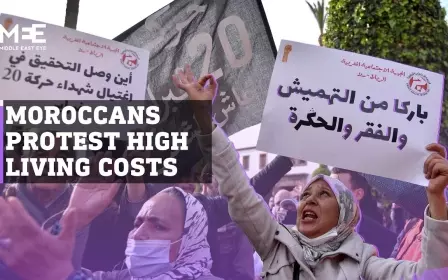Algiers recalls Madrid envoy over Western Sahara policy change
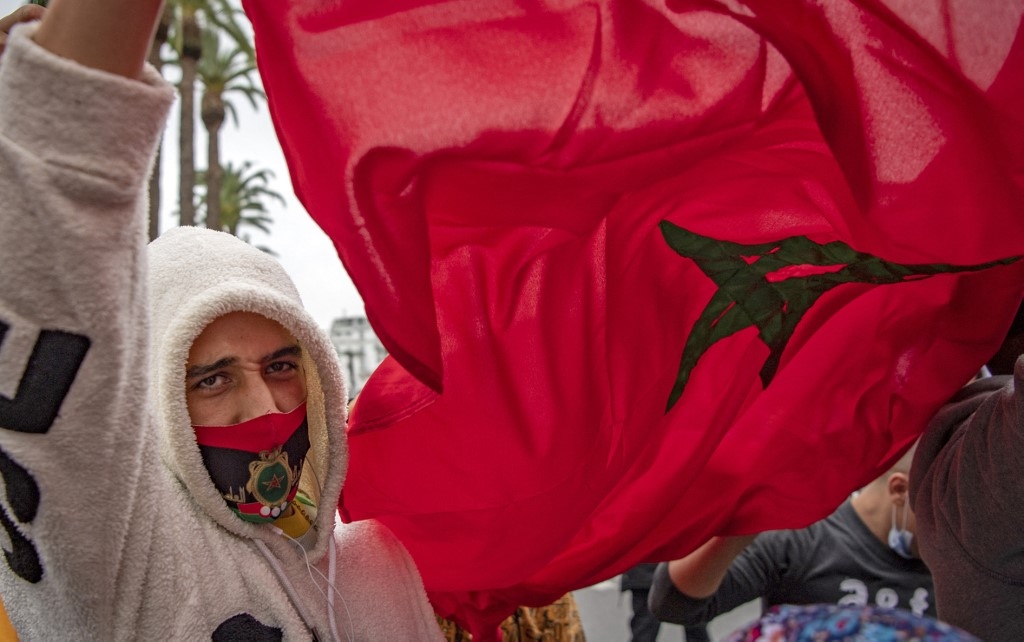
Algeria recalled its ambassador from Madrid on Saturday in protest of Spain's decision to back a Moroccan autonomy plan for Western Sahara, a disputed former Spanish colony.
A foreign ministry statement condemned the "abrupt about-turn" by Madrid, which had previously maintained neutrality in the decades-old conflict for the territory between Morocco and the Algerian-backed Polisario Front independence movement.
Speaking Friday, Spanish Foreign Minister Jose Manuel Albares said he backed a 2007 proposal by Morocco to offer Western Sahara autonomy under its sovereignty, describing it as the "most serious, realistic and credible basis" to end the long-running conflict.
"Completely stunned by the statements on the Western Sahara issue from the highest levels of the Spanish government, and surprised by this abrupt about-turn from Western Sahara's former rulers, the Algerian authorities have decided to recall the ambassador to Madrid for consultations with immediate effect," the foreign ministry statement said.
The Polisario had already responded angrily to Albares's comments, calling for political pressure to be put on Madrid for a change of heart.
The movement still insists on full implementation of a ceasefire agreement brokered by the United Nations in 1991 that provided for a UN-supervised referendum on independence for the territory.
"The United Nations, the African Union, the European Union, the International Court of Justice, the European Court of Justice and all regional organisations do not recognise Moroccan sovereignty over the Western Sahara," it said.
Spain has maintained generally good relations with Algeria and last year imported more than 40 percent of its gas needs from the North African country.
Its ties with Morocco, which controls two-thirds of Western Sahara, have been more problematic.
Migrant worries
An April 2021 decision to allow Polisario leader Brahim Ghali to receive medical treatment at a Spanish hospital drew a furious response from Rabat.
The following month, hundreds of would-be Moroccan migrants stormed the border around the Spanish North African enclave of Ceuta, taking advantage of the withdrawal of Moroccan border guards to penetrate the remote outpost of the European Union.
Rabat quickly welcomed Madrid's change of policy, describing it as "constructive."
Bernabe Lopez, professor of Arab and Islamic studies at the Autonomous University of Madrid, said the migrant issue was the main spur for Spain's move.
Madrid wanted to see Moroccan border guards exercise "more control and not this deliberate lack of control", Lopez said.
Earlier this month, the United States reiterated its support for Morocco's autonomy offer.
"We continue to view Morocco's autonomy plan as serious, credible and realistic," US Deputy Secretary of State Wendy Sherman said during a visit to Rabat.
In late 2020, the administration of President Donald Trump recognised Moroccan sovereignty over Western Sahara as a quid pro quo for the kingdom mending ties with Israel.
The deal sparked renewed tensions with Algeria.
President Joe Biden's administration said it would not reverse Trump's decision.
A UN peacekeeping force remains in Western Sahara with a mission to oversee implementation of the 1991 truce, but the ceasefire collapsed in November 2020 when the Polisario declared it null and void.
Moroccan had sent in troops to forcibly reopen a highway to neighbouring Mauritania, prompting the Polisario to resume what it describes as "a war of legitimate defence".
In early February, the Polisario said it had killed 12 Moroccan soldiers, including two senior officers, in fighting along the former ceasefire line.
The flare-up coincided with a tour of the region by the UN's new Western Sahara envoy, Staffan de Mistura, who has been trying to restart negotiations on the territory's future.
Middle East Eye delivers independent and unrivalled coverage and analysis of the Middle East, North Africa and beyond. To learn more about republishing this content and the associated fees, please fill out this form. More about MEE can be found here.


